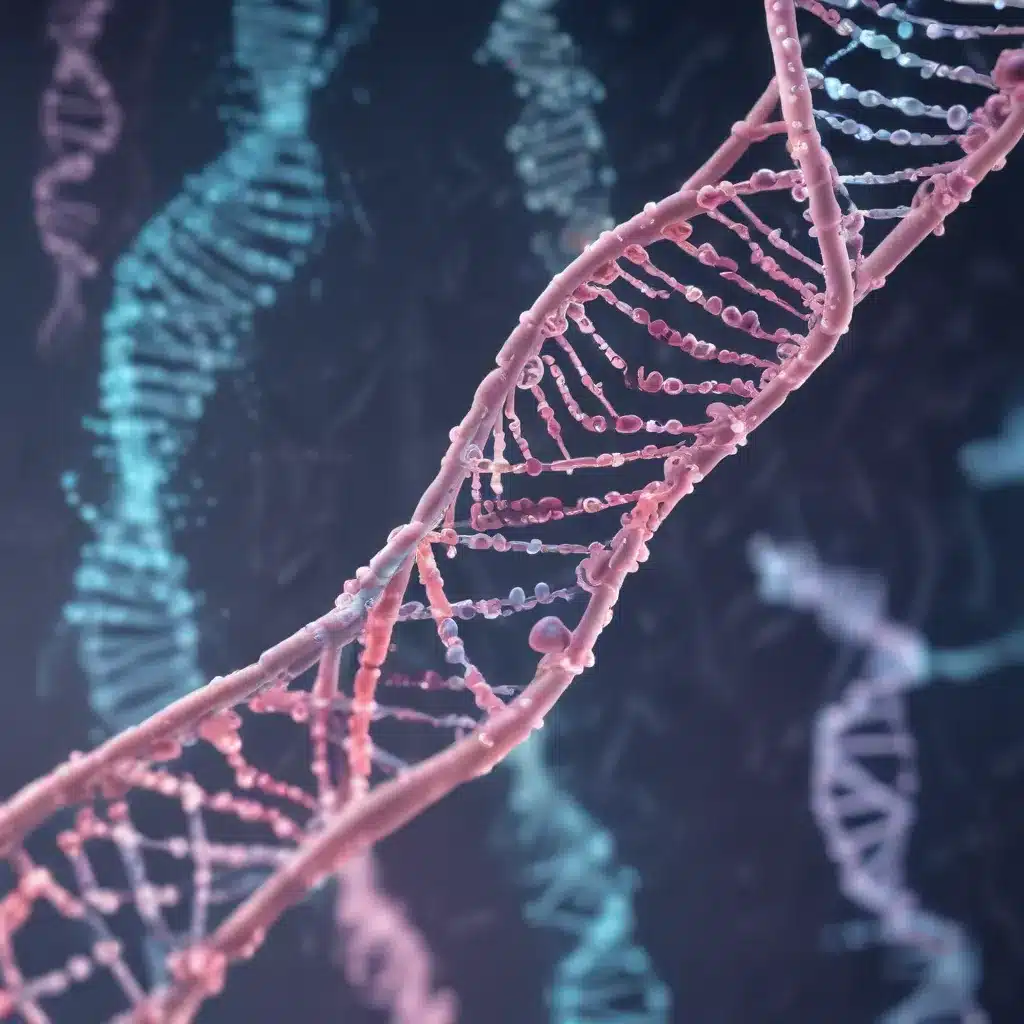
The Convergence of AI and Precision Medicine
The convergence of artificial intelligence (AI) and precision medicine holds immense promise for revolutionizing healthcare. Precision medicine, which aims to personalize care for each individual, requires access to massive amounts of data – data collected through initiatives like the UK Biobank and the All of Us project. AI, with its sophisticated computational and inference capabilities, can leverage these large datasets to generate valuable insights, enable systems to reason and learn, and empower clinicians with augmented intelligence.
Recent literature suggests that the synergy between AI and precision medicine will help solve some of the most complex challenges facing personalized care. By integrating genomic, phenotypic, clinical, and lifestyle data, AI-powered systems can facilitate personalized diagnosis, prognosis, and treatment recommendations. This convergence aligns with the ultimate goal of prevention and early detection of diseases, which could ultimately decrease the overall disease burden and healthcare costs.
The Power of AI in Healthcare
AI technologies in medicine exist in many forms, from virtual clinical decision support systems to cyber-physical applications like surgical robots and targeted drug delivery nanoparticles. The pattern recognition and reasoning capabilities of AI have enabled image-based detection and diagnostic systems to perform on par with or even surpass clinicians in certain domains.
AI-powered systems can reduce diagnostic errors, augment clinical decision-making, and assist with electronic health record (EHR) data extraction and documentation tasks. Emerging advancements in natural language processing, efficient search, prediction, and bias-free reasoning will further expand the capabilities of AI in addressing complex healthcare challenges.
Rather than replacing physicians, AI is better described as an “augmented intelligence” that can enhance human capabilities. Consistent with Friedman’s fundamental theorem of biomedical informatics, clinicians who utilize AI will outperform those who do not. AI exhibits four key characteristics that enable this augmentation: understanding, reasoning, learning, and empowering.
The Evolution of Precision Medicine
Precision medicine has evolved significantly over the past few decades, driven by advancements in high-throughput genomic sequencing, the widespread adoption of EHRs, and the recognition of the importance of combining multi-omic data with medical history, social determinants, and environmental knowledge.
Precision medicine enables healthcare providers to discover and present information that either validates or alters the trajectory of a medical decision, transitioning from evidence-based care for the average patient to personalized care tailored to an individual’s unique characteristics. This has led to tangible benefits, such as early disease detection and the design of personalized treatments.
The convergence of AI and precision medicine is poised to accelerate these goals, with AI techniques proving valuable in areas like genome-informed prescribing, radiogenomics, and prediction of treatment response. By integrating complex datasets and identifying patterns that may elude traditional statistical methods, AI can facilitate more precise diagnosis, risk prediction, and personalized therapy planning.
Opportunities and Challenges in AI-Powered Personalized Medicine
The synergy between AI and precision medicine is transforming personalized healthcare in several ways:
Genome-Informed Prescribing: AI techniques have been used to efficiently and accurately interpret genomic data, enabling the identification of genetic markers associated with drug response and toxicity. This has facilitated the personalization of medication selection and dosing.
Radiogenomics: AI is enabling the discovery of associations between imaging features and gene expression, allowing for the non-invasive prediction of genetic profiles and treatment outcomes.
Predicting Treatment Response: AI models trained on gene expression and other data have shown promise in predicting individual patient response to chemotherapy and other therapies, informing personalized treatment decisions.
Integrating Social Determinants and Environmental Factors: AI can help identify social and environmental factors that impact a patient’s risk and treatment needs, allowing for more comprehensive personalized care planning.
Automating Phenotype Feature Extraction: AI-powered analysis of electronic health records, medical images, and other data sources can facilitate the rapid and accurate identification of disease-relevant phenotypes, enabling faster genetic disease diagnosis.
While these applications demonstrate the potential of AI in personalized medicine, several challenges must be addressed for successful implementation:
Fairness and Bias: AI models trained on historical healthcare data may amplify existing biases related to age, gender, race, or socioeconomic status. Ensuring fairness and mitigating bias is crucial for equitable personalized care.
Socio-Environmental Factors: The real-world environment and workflow in which AI systems are deployed can impact their performance, necessitating iterative validation and adjustment.
Data Safety and Privacy: Securing sensitive patient data and maintaining trust in AI-powered healthcare systems are critical for widespread adoption.
Addressing these challenges through collaborative efforts between the AI and biomedical communities, as well as continued research and innovation, will be essential for realizing the full potential of AI in personalized medicine.
The Future of AI-Powered Personalized Healthcare
The convergence of AI and precision medicine holds immense promise for transforming healthcare. By leveraging large, diverse datasets and sophisticated computational techniques, AI-powered systems can facilitate more accurate disease diagnosis, risk prediction, and personalized treatment planning.
From genome-informed prescribing to radiogenomics and automated phenotype extraction, AI is already demonstrating its value in accelerating the goals of personalized care. However, ensuring fairness, addressing socio-environmental factors, and maintaining data privacy and security remain key challenges that must be overcome.
As AI and precision medicine continue to advance, we can expect to see an increasing number of innovative applications that empower healthcare providers and patients alike. By integrating these technologies, we can unlock new possibilities for prevention, early detection, and tailored interventions – ultimately leading to improved patient outcomes and reduced healthcare costs.
The IT Fix blog is dedicated to providing practical tips and in-depth insights on technology, computer repair, and IT solutions. To learn more, visit https://itfix.org.uk/.












